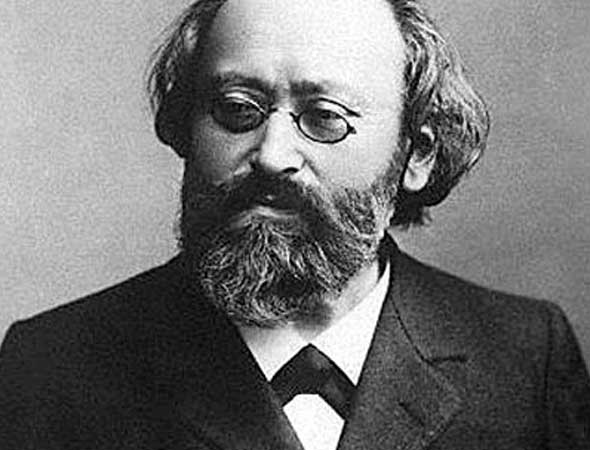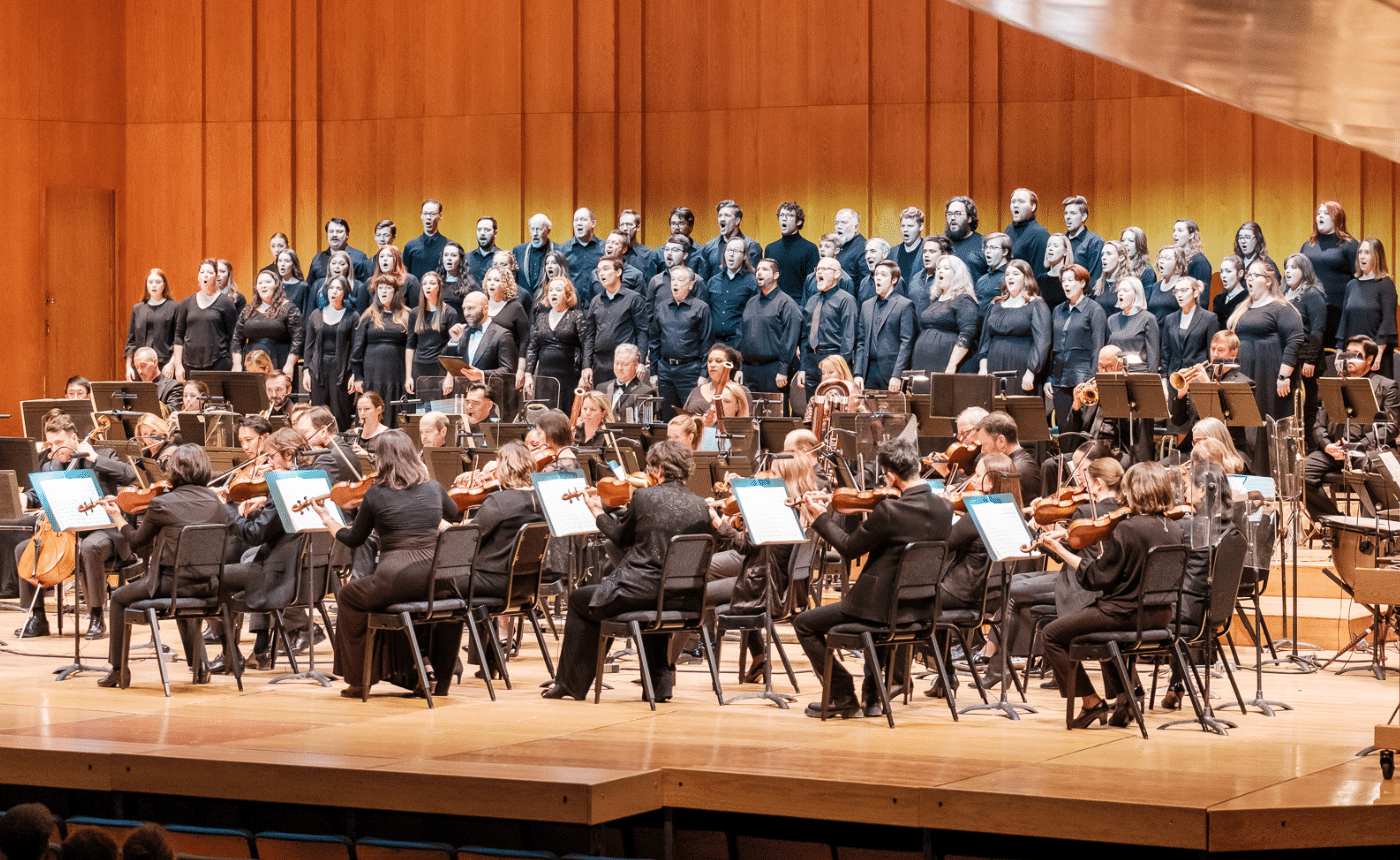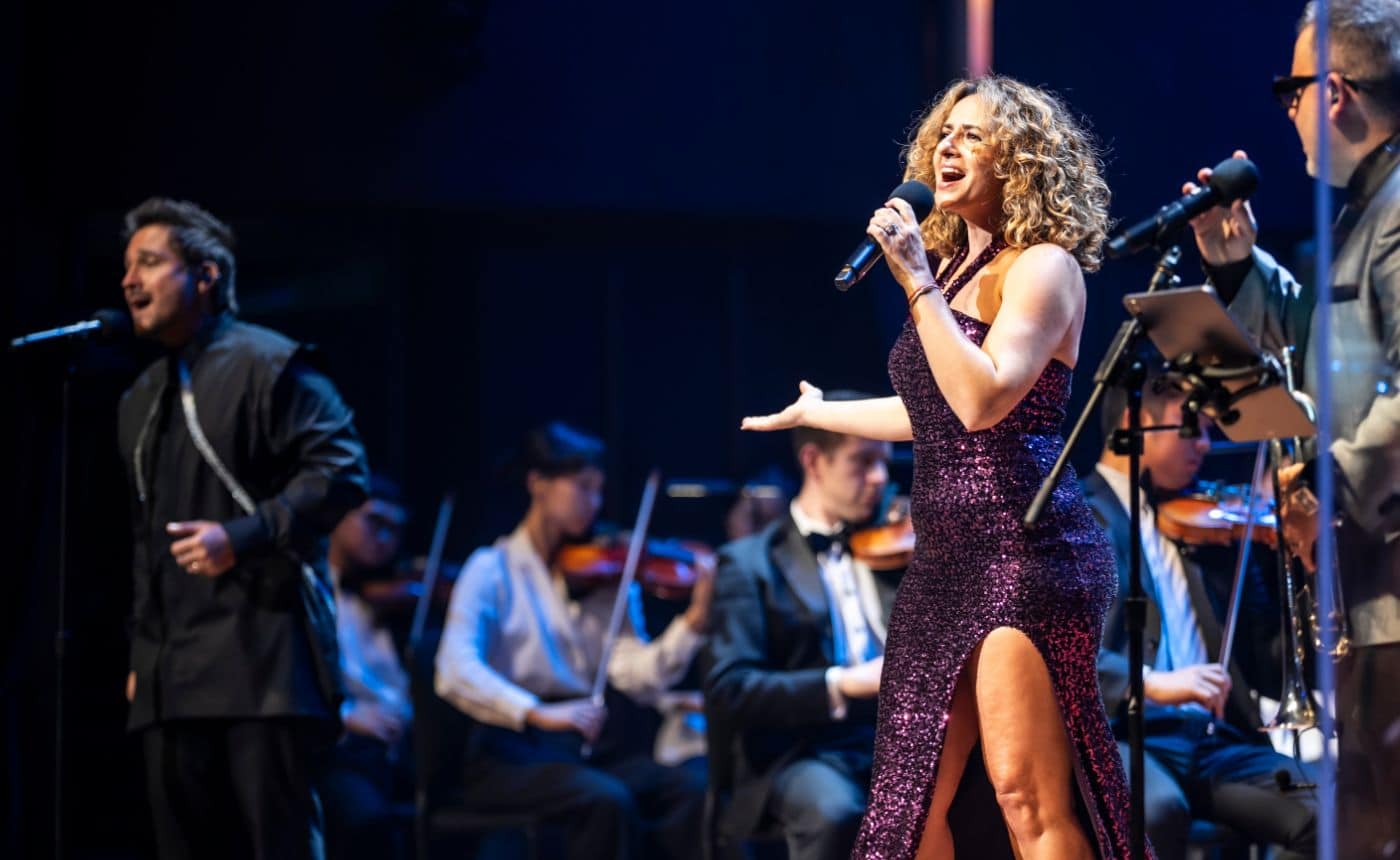BRUCH: Scottish Fantasy
by Jeff Counts
THE COMPOSER – MAX BRUCH (1838-1920) – Bruch, whose name we know today thanks to precisely two of his over two hundred works, deserves a more honorable place in our historical memory. He was a child prodigy, a beloved teacher and a highly skilled conductor, who just happened to be born into a world lit by the lamps of legends. Beethoven had died not so long before. Mendelssohn held sway, temporarily but firmly. And everything was trending towards the later War of the Romantics between Brahms and Wagner that would dominate the continental conversation during Bruch’s best years. What chance did an unassuming cop’s son from Cologne have in such an environment?

THE HISTORY – Speaking of the War of the Romantics (between the musical conservatives and progressives of the late 19th century), it is important to remember that Bruch was not afraid to take a side, even if it cost him. As an elder stateman in his own right during the high moments of the debate, he was an avowed devotee of Mendelssohn and Schumann and an equally passionate opponent of Wagner and Liszt. This was a potentially risky position to maintain as the new century approached with its Mahlers and Schoenbergs and Richard Strausses. The world was leaving him behind and the posterity penalty would have been fatal if not for works like the 1st Violin Concerto and the Scottish Fantasy of 1880. Bruch’s friendships with the violin virtuosi of his day (Ferdinand David, Joseph Joachim, Pablo de Sarasate) and his nine compositions for their instrument have defined his legacy. It’s fitting, in a way. Bruch always believed that the violin could “sing a melody better than a piano” and his use of folk tunes provided the perfect material with which to prove the point. The Scottish Fantasy was written while Bruch was conducting in England and he made “free use” (a phrase from the original lengthy title of the work – Fantasia for Violin with Orchestra and Harp, with the Free Use of Scottish Melodies) of classics such as “Hey, the Dusty Miller,” “Auld Robb Morris” and “Scots wa hae.” The audience loved what it heard, but the formal freedom Bruch indulged with each of the tunes was a point of contention for some reviewers. In fairness, Bruch was no professional ethnomusicologist. He was much more interested in the spirit of each song and perfectly recreated their individual moods if not their literal constructions. The premiere was performed in Liverpool by Joachim (who was not at his best that night, according to the conductor, Bruch himself) but dedicated to Sarasate. Two great violin rivals, united by one of their most dedicated compositional champions.
THE WORLD – Elsewhere in 1881, the First Boer War came to an end, as did Ottoman control of Romania, the Boston Symphony was founded, the first appearance of the character Pinocchio occurred and Russia’s Alexander II was assassinated.
THE CONNECTION – The Scottish Fantasy was performed most recently in 2012 under the baton of Thierry Fischer. Fumiaki Miura was soloist.











